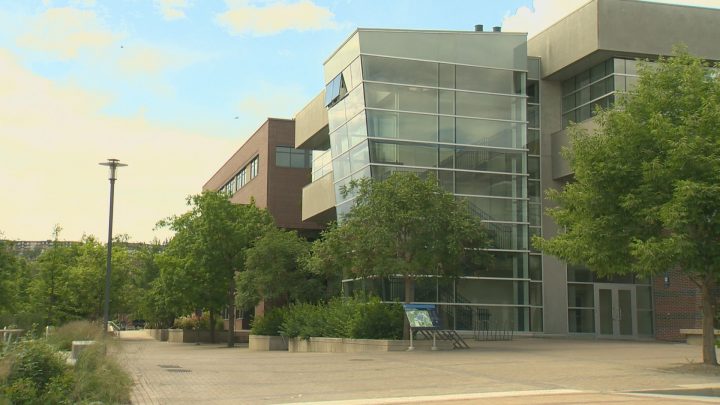UBC Okanagan plans to continue using RCMP for off-campus student wellness checks, the campus’ director of health and wellness confirmed this week.

A spotlight has been on student mental health, and how wellness checks are done, following the release of video showing an RCMP officer dragging a UBC Okanagan nursing student down a hallway during a health-check request.
While the January incident occurred off-campus, and it wasn’t the university who called police in that case, it’s prompted the local student union to call for a review of the university’s policies regarding wellness checks.
“We’d like UBC to review their own protocol just to ensure that this never happens on campus,” said student union president Ali Poostizadeh, “that the RCMP are never called on a student on campus for a wellness check.”
Poostizadeh added police shouldn’t be the primary responder when student wellness checks are requested.
“I think it is important that police are on hand if something was to go not as planned, but I think these should be carried out by mental health professionals, and professionals that know how to de-escalate and know how to interact with a student that is going through that,” Poostizadeh said.
The campus’ director of health and wellness said, to his knowledge, UBCO’s general practice is not to call RCMP for on-campus mental health checks.

Instead, Roger Wilson said responding to those checks are a combination of resident life managers, health and wellness staff and campus security.
Off-campus, Wilson said the school will still call RCMP for wellness checks if it can’t reach the student and if other resources aren’t available.

Get daily National news
Wilson said to his knowledge, the school’s experience with having RCMP do wellness checks off-campus has been positive.

“When we’ve asked the RCMP to do wellness checks, they respond promptly, appropriately. I don’t have concerns,” Wilson said.
Poostizadeh would like to see the school support student mental health.
“It is important that the university is doing their best to ensure no student gets to that point,” Poostizadeh said.
“If it is a recurring issue, how do they support that student and makes sure the student knows their avenues?”

Wilson acknowledges that if there were more resources, UBCO would be in a position help more students, but said that wouldn’t eliminate mental health crises.
“We encourage students to develop skills to manage their stress, talk to others about their stress, build relationships, and know there are resources to support them,” Wilson said.
“Unfortunately, when overwhelming stress occurs, students do not always think clearly and because of not thinking clearly, may use poor judgement. Hence, the resources may be there, but you need to have a clear head to access and reach out to them.”
The university offers walk-in counseling and refers students to 24-hour help lines.
Since the video came to light, the university is looking at how to make the school community more aware of existing support programs.





Comments